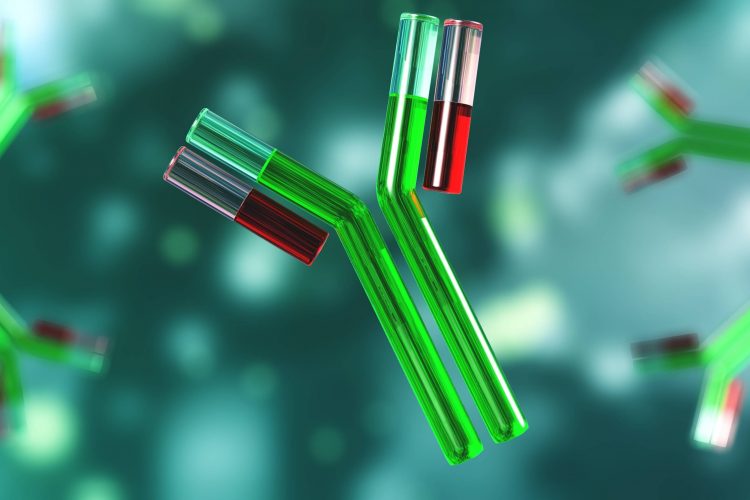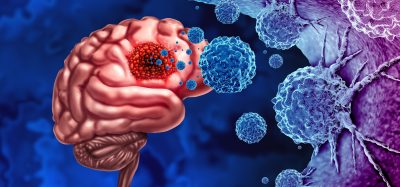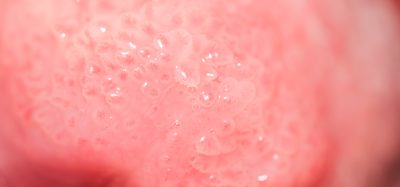Novel antibody treatment for OCD demonstrates efficacy in mice
Posted: 22 April 2020 | Victoria Rees (Drug Target Review) | No comments yet
Researchers who administered an antibody to neutralise an OCD-associated protein in mice found it reduced their anxious behaviours.


Scientists report that they have discovered patients suffering from obsessive compulsive disorder (OCD) have increased levels of a protein called Immuno-moodulin (Imood) in their lymphocytes. They say that this protein presents a drug target and animal models of the condition have been treated with an antibody.
The study was conducted by researchers at Queen Mary University of London and the University of Roehampton, both UK.
The researchers tested the immune cells from 23 patients with OCD and 20 healthy volunteers. They found Imood expression was around six times higher in the OCD patients.
Mice with high levels of this protein were also found to exhibit behaviours that are characteristic of anxiety and stress, such as digging and excessive grooming. When the researchers treated the mice with an antibody that neutralised Imood, the animals’ anxiety levels reduced.
The findings have led the researchers to file a patent application for the antibody and they are now working with a drug company to develop a potential treatment for human patients.
“There is mounting evidence that the immune system plays an important role in mental disorders,” said Professor Fulvio D’Acquisto, a professor of immunology at the University of Roehampton and honorary professor of Immunopharmacology at Queen Mary University of London, who led the research. “People with auto-immune diseases are known to have higher than average rates of mental health disorders such as anxiety, depression and OCD. Our findings overturn a lot of the conventional thinking about mental health disorders being solely caused by the central nervous system.”
Professor D’Acquisto first identified Imood by chance while studying a different protein called Annexin-A1 and the role it plays in autoimmune diseases such as multiple sclerosis and lupus.
He created transgenic mice to over-express this protein in their T cells, but found the mice showed more anxiety than normal. When he and his team analysed the genes expressed in the animals’ T cells, they discovered one gene in particular was especially active. The protein produced from this gene was what they eventually named Imood.
Professor D’Acquisto believes Imood does not directly regulate brain functions in a classical way, but may influence genes in brain cells that have been linked to mental disorders like OCD.
“It is early still, but the discovery of antibodies – instead of the classical chemical drugs – for the treatment of mental disorders could radically change the life of these patients as we foresee a reduced chance of side effects,” he said.
The findings were published in Brain Behavior and Immunity.
Related topics
Antibodies, Drug Targets, Protein, Proteomics, Research & Development, Target Validation, Targets, Therapeutics
Related conditions
Anxiety, Depression, obsessive-compulsive disorder (OCD)
Related organisations
Queen Mary University of London, University of Roehampton
Related people
Professor Fulvio D'Acquisto








